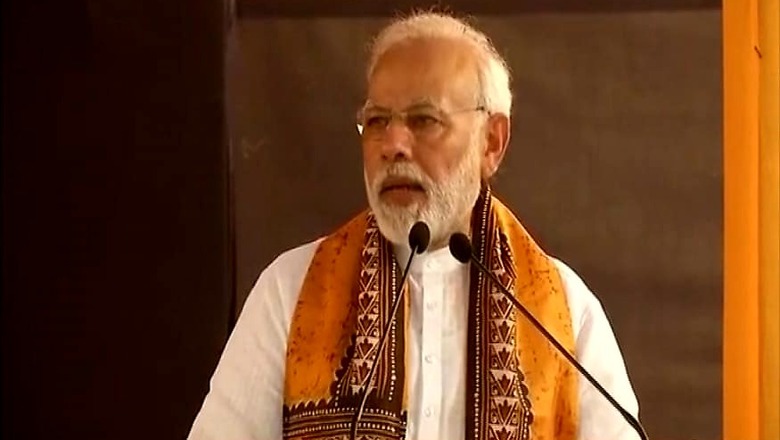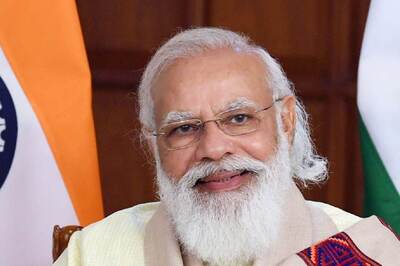
views
New Delhi: Leaving no stone unturned to strengthen his Act East Policy, Prime Minister Narendra Modi is all set visit Indonesia on Tuesday.
Efforts to enhance coordination between New Delhi and Jakarta is already underway with the Indonesian capital giving India access to a port in Sabang, economically and militarily.
Gaining access to that island is a shot in the arm for India as it’s barely 500 km from the entry point of the Malacca Strait.
While Modi’s visit to Indonesia works in complete tandem with his Act East Policy, China continues to loom over each move. Along with giving access to India in Sabang, it has also inked several infrastructure projects with China. With Jakarta trying to strike an amiable with both countries, it is now up to PM Modi to ensure that the world sees India-Indonesia as close maritime partners.
An archipelago of islands, Indonesia is one of the few countries in the region that is yet to use its maritime might to its full capacity, something that has been accepted by its maritime affairs coordinating minister Luhut Pandjaitan during his visit to India recently, where he said that his country had forgotten about the sea.
Under President Joko Widodo, popularly known as Jokowi, Indonesia has in the recent past increased its diplomatic activities and more significantly in the maritime areas. Indonesia has also made it quite clear that did not want to be controlled by Belt and Road Initiative (BRI) and that the Global Maritime Fulcrum (GMF) was its way of balancing Xi’s project.
Launched in 2014, GMF aims to place Indonesia as an active player in determining the future of the Pacific and Indian Ocean Region. The United States of America supports the GMF, thus making it more relevant, if not less, in the global corridor.
Equally important it is to consider the change in Indonesia’s positioning in the global theatre. Indonesia has unilaterally rejected “a solo power claim” on the South China Sea. Last year, Indonesia named the sea near Natuna islands as North Natuna Sea to counter China’s controversial nine-dash line, differentiating its territorial claims in maritime.
Indonesia’s renewed interests in maritime security and prowess, despite China’s aspirations and ambitions, work well for India. Other than access to port infrastructure development and freedom of navigation, stronger relations with Indonesia would make India more inclusive in the efforts to ensure regional security and economic development.
As Pandjaitan said, “Ties between India and Indonesia are important to the balance of power in Asia.”




















Comments
0 comment